
Less than a decade after the first linguistic contact was made with a whale, they have been invited to join the United Nations. In this photo a Blue Whale is teleconferencing in, sharing their traditional long-term strategies related to climate change.
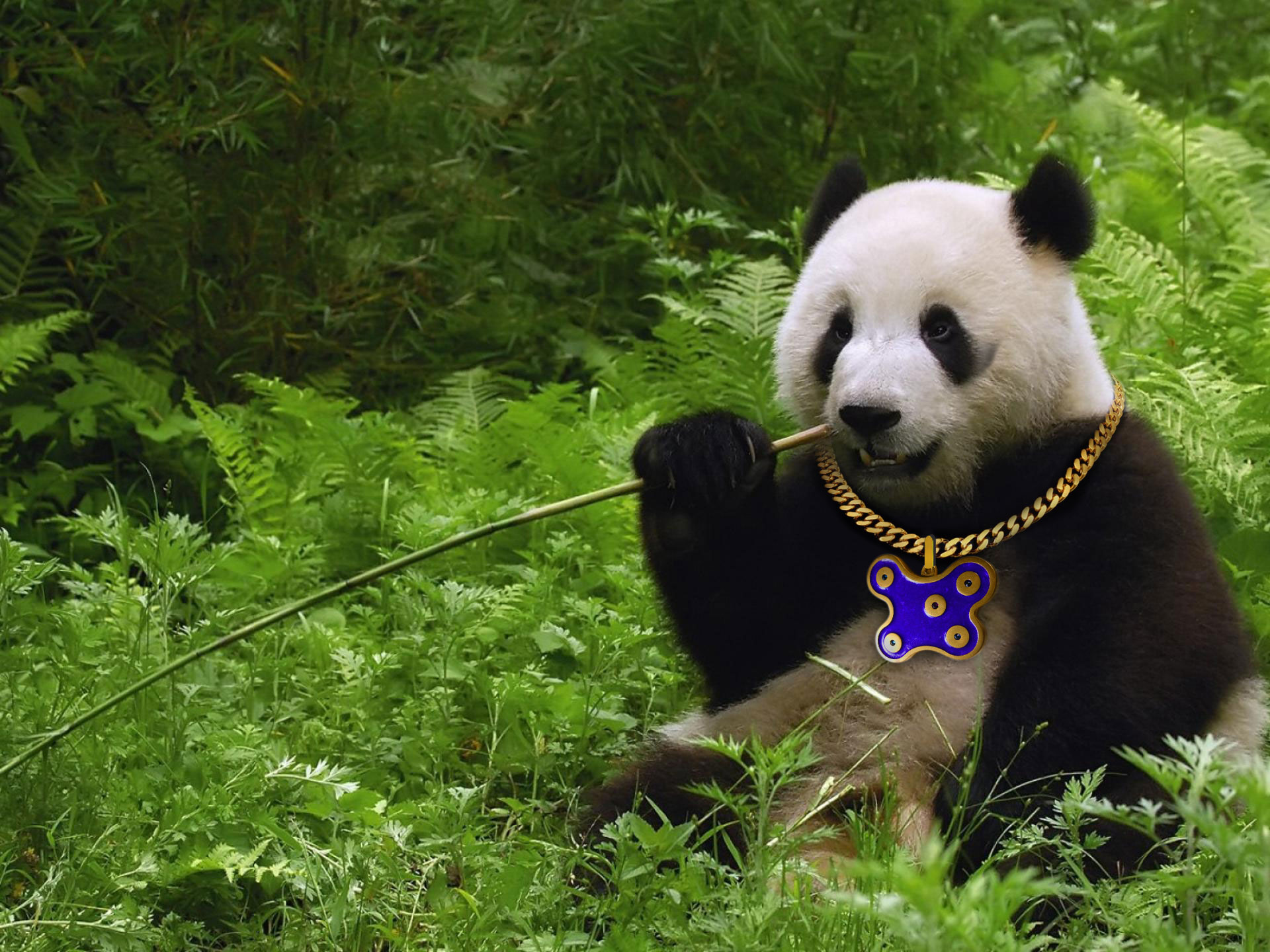
Eurion Jewelry is trending for endangered animals in 2032, empowering them to protect their likeness through copyright enforcement. Inspired by the historic Eurion Constellation, traditionally used to prevent the forgery of money, this jewelry not only serves as a fashion statement but also as a legal safeguard for the digital likenesses of endangered species.
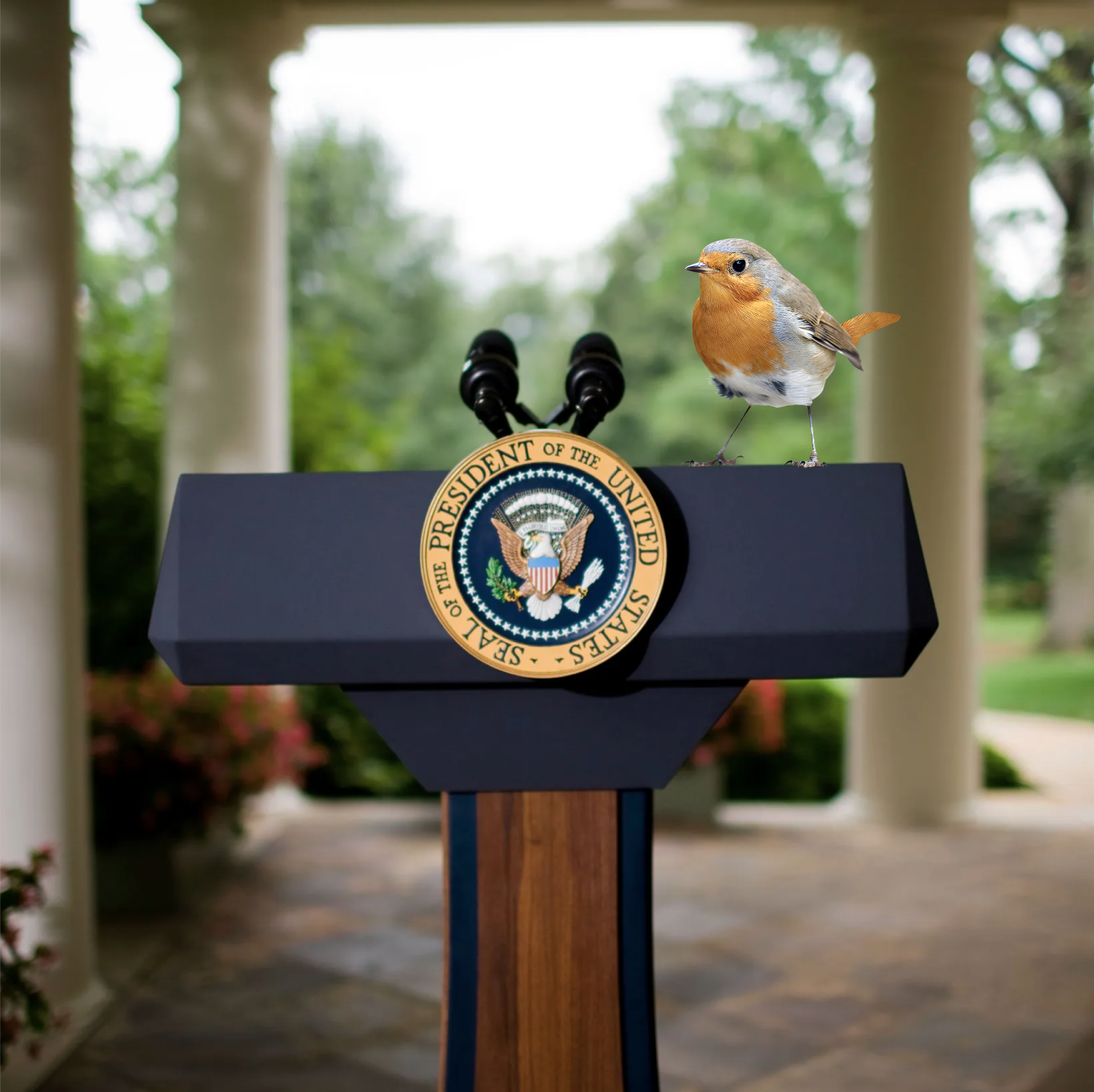
Chirpy, the eloquent songbird, has been appointed as the first avian Poet Laureate, charming the literary world with verses that soar as high as the sky.

Shortly after interfacing with Artificial Intelligence pigs won a landmark court case that secures the rights to pigs' DNA and all derivative products.
This victory revolutionized the food industry, paving the way for ethical and convenient on-demand bacon, grown in the warmth of your own kitchen.

In 2028 the Smart Bone™ opened up gig-work opportunities for Man's Best Friend. Dogs took quickly to this new technology and started approaching people in the park. The first fetch for free, but additional play time is going to cost you. Additional services such as personal security can be purchased through premium fetch packages.
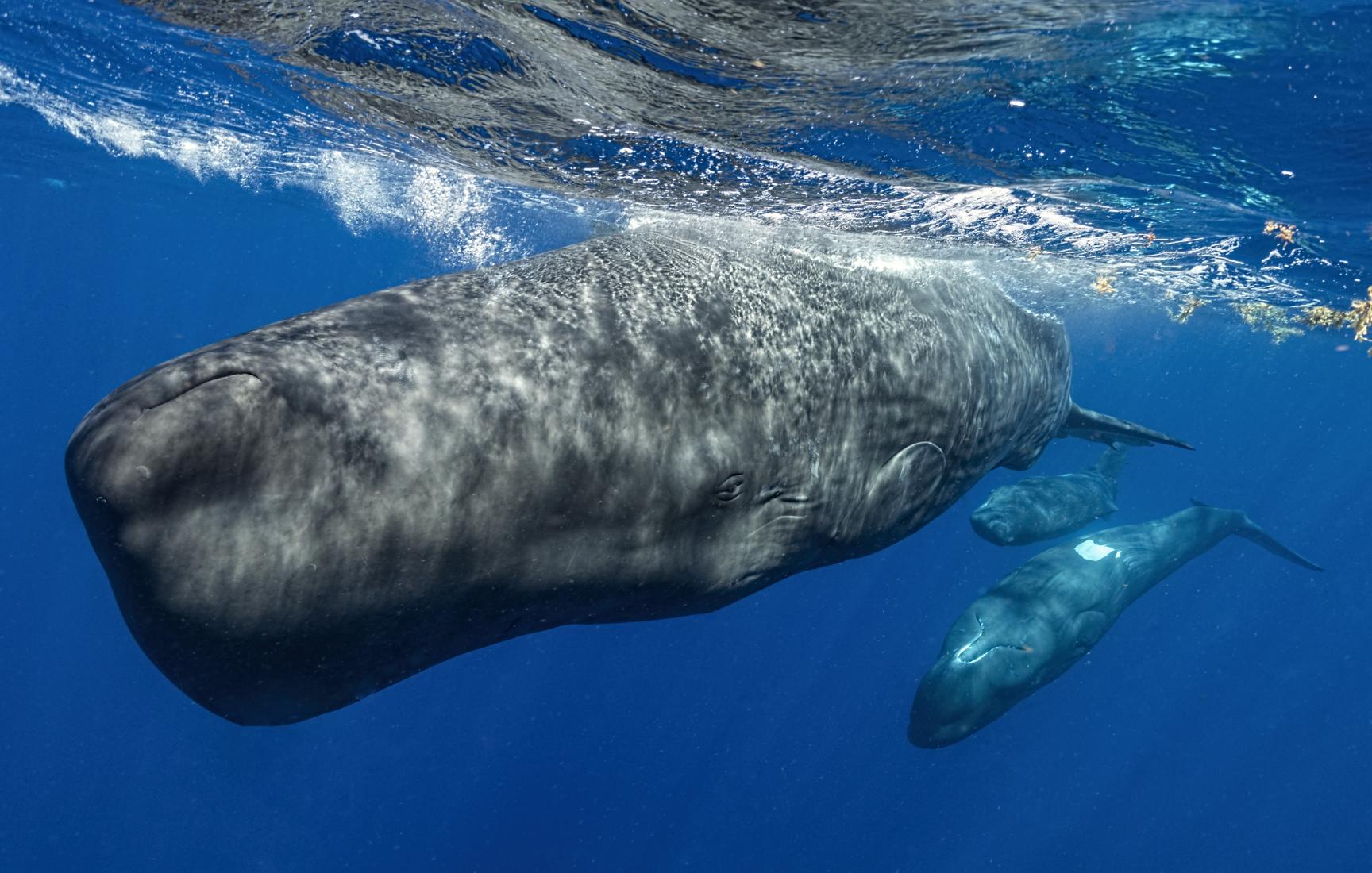
It is believed that the first conversation with a whale occurred in December of 2023. This was made possible through Project CETI’s efforts to decode the language of sperm whales using Artificial Intelligence.

In October of 2021 a group of Hippopotamus were recognized as legal persons.

In 2020 a scientist trains Magpies to exchange bottle caps for food.
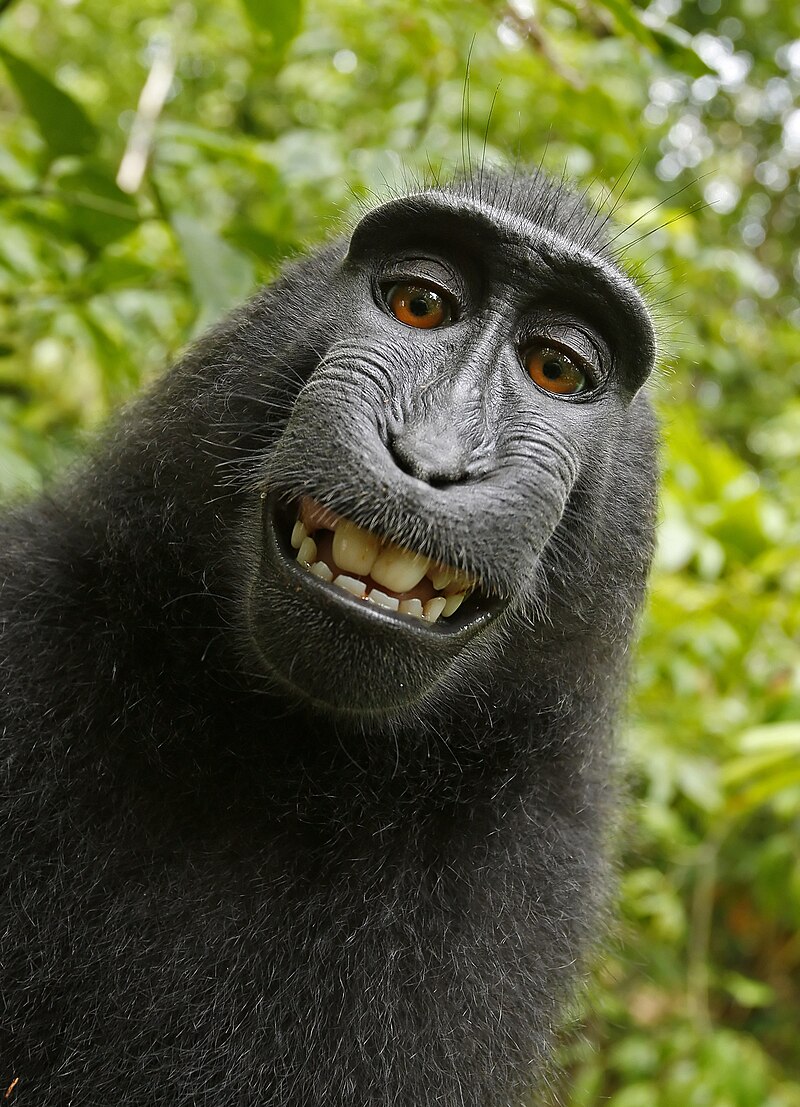
A selfie was taken by a macaque named Naruto using photographer David Slater’s camera. PETA filed a lawsuit on behalf of Naruto, claiming the monkey should own the copyright, However the court ruled that animals cannot hold copyright under U.S. law.

It’s not legal to clone humans, but what about animals? The first lab-grown meat was created in 2013.

During the Cold War, Khrushchev gifted Kennedy a dog named Pushinka, daughter of Strelka who was the first dog to return safely from outer space. Pushinka’s diplomatic presence helped ease tensions, notably during the Cuban missile crisis, fostering a commitment to peace amid nuclear threats.
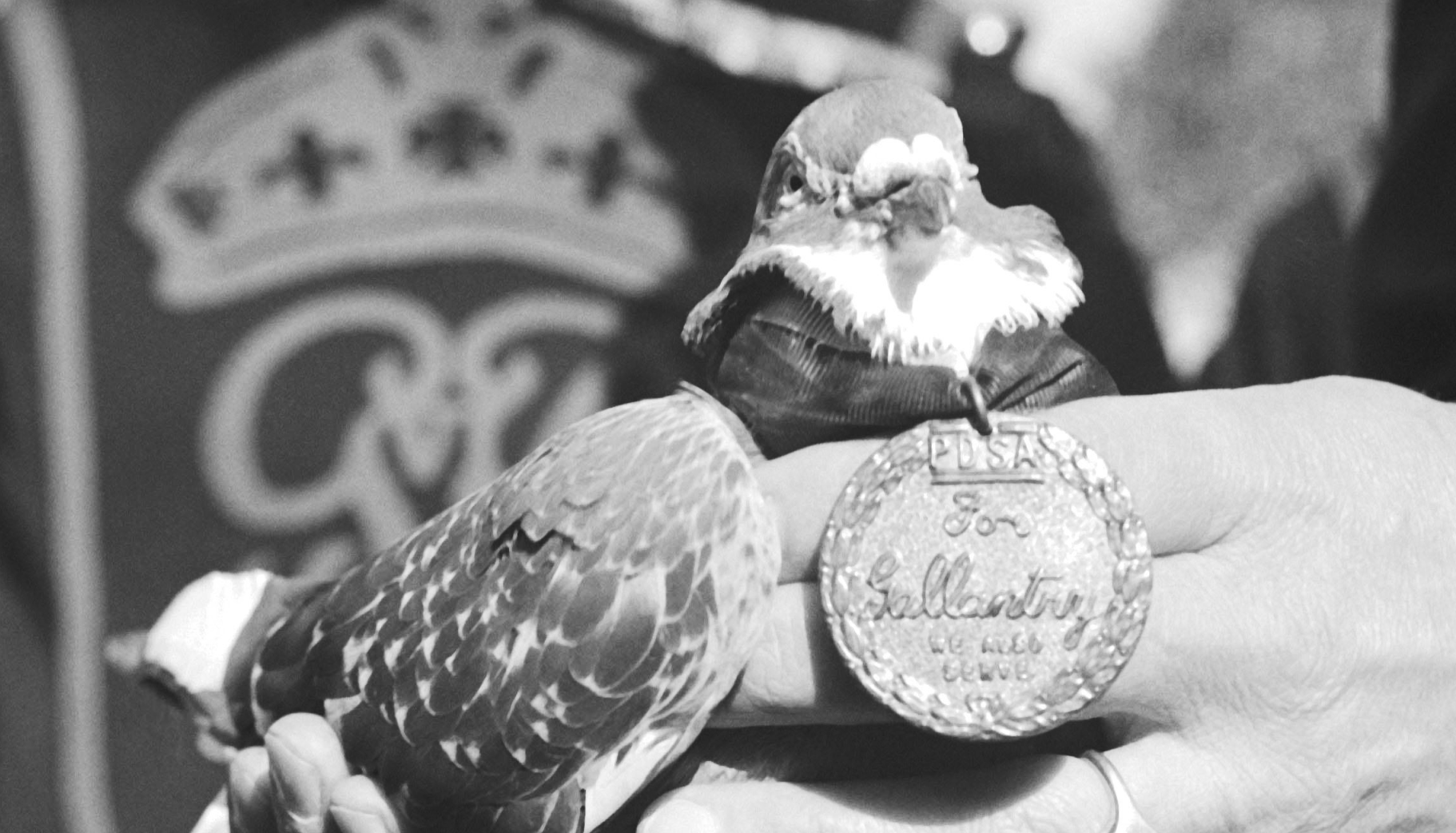
Cher Ami, a homing pigeon, was working for the U.S. Army Signal Corps in 1918. Despite severe injuries, he delivered a crucial message that saved the “Lost Battalion.” Posthumously, he was honored with multiple awards.
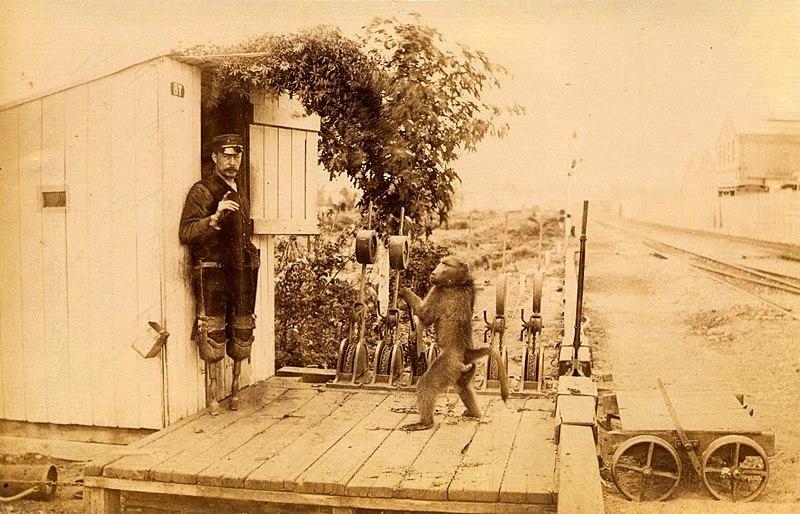
Jack, a baboon, assisted double leg amputee signalman James Wide with railway duties in South Africa. Employed officially after an investigation, Jack worked competently for nine years without mistakes, earning 20 cents a day and half a bottle of beer weekly.

The Law of the Tongue was an 1860s pact in Eden, Australia, between European whalers and orcas, built on the Thaua people’s traditions. Orcas helped hunt whales in exchange for the lips and tongue, fostering mutualism for human and orca for over 70 years.
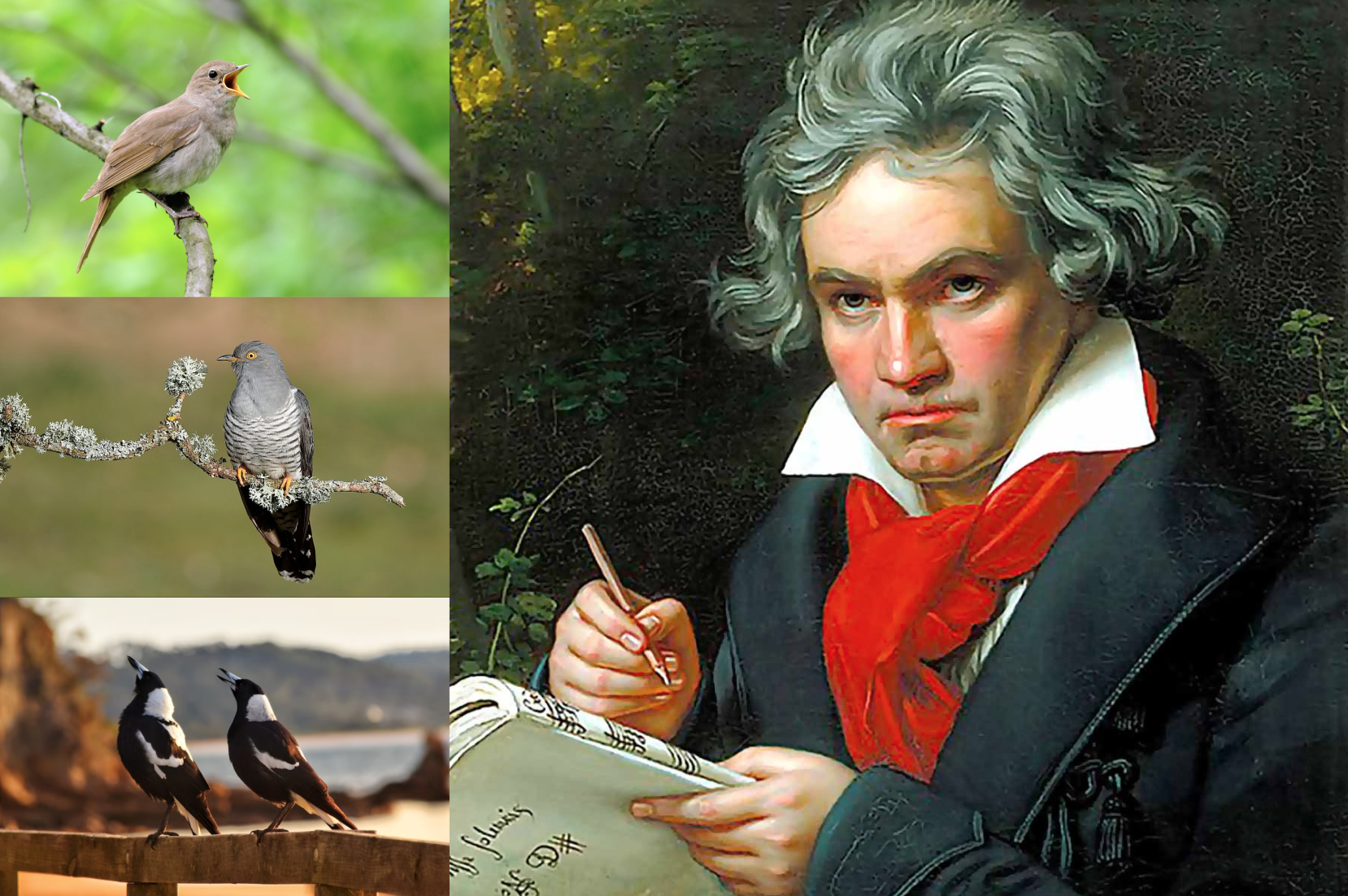
Beethoven’s 6th Symphony, known as the “Pastoral Symphony,” features melodies inspired by nightingales, quails, and cuckoos.
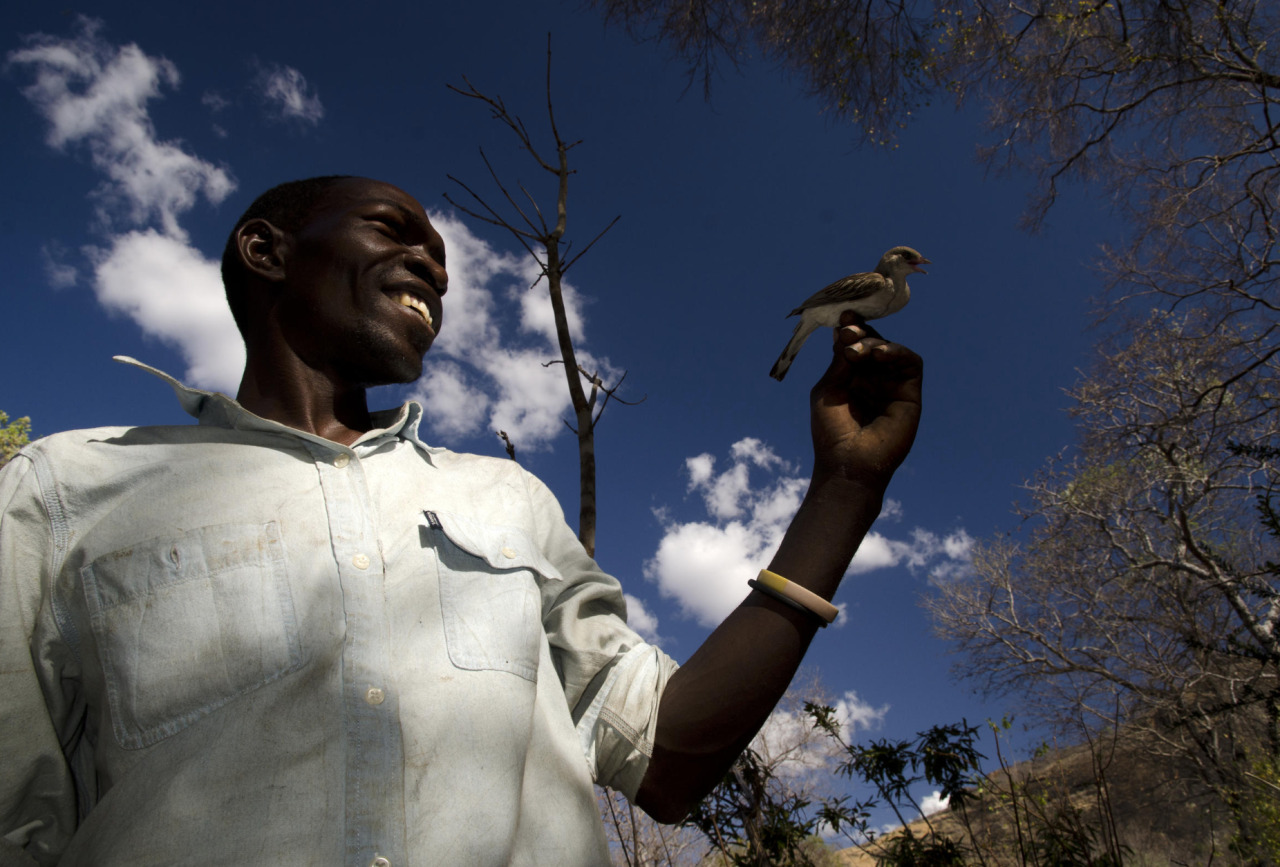
The pink-billed Honeyguide birds lead local hunters to wild beehives stashed in the cavities of baobabs and other tall trees.
The humans then scale the trunks, smash the hives, and make off with the sticky riches, leaving the wax and the calorie-rich larvae within for their partners in crime. (The Greater Honeyguide is one of few avians that can eat and digest wax.) It’s what scientists call a mutualistic interaction, and for the Yao community in Mozambique, where Spottiswoode carried out her newest research, honey plays a vital role in their daily lives.
This unlikely business arrangement between wild birds and people was first documented in multiple regions around Africa as early as the 1500s, but some experts believe it might stretch back to Homo erectus, which would put it at about 1.9 million years old.
Today, the Yao villagers are keeping the tradition alive. Though brrr-hm is their preferred trigger, Spottiswoode says that the type of sound may be largely arbitrary. It’s the meaning that matters.

In 456 B.C., the city of Corinth was protected by guard dogs trained to warn of invaders. One night, a group of Persians snuck into Corinth in an attempt to seize the city. It was nighttime and soldiers were sleeping. No one was expecting an attack.
Of the 50 guard dogs that fought to protect the city, Persian invaders killed 49, but one escaped. The dog, named Soter, warned the Corinthians, and they fought off the Persian invaders. As a reward, the people of Corinth gave Soter a pension for life and a silver collar that read, “To Soter, defender, and savior of Corinth,” and built a monument to him and the dogs who died.
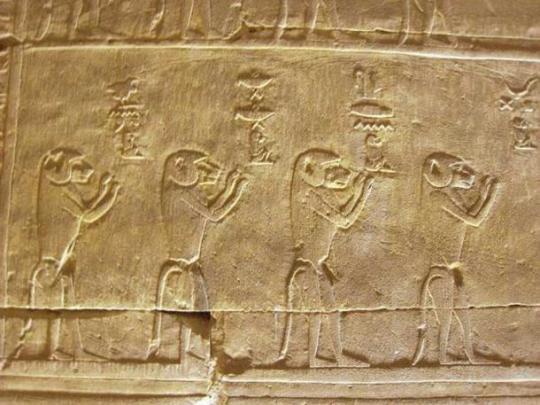
“Many animals were tamed in Egypt for various purposes . . . and in the Jimma country, which lies to the south of Abyssinia, monkeys are still taught several useful accomplishments. Among them is that of officiating as torch-bearers at a supper party; and seated in a row, on a raised bench, they hold the lights until the departure of the guests, and patiently await their own repast as a reward for their services. Sometimes a refractory subject fails in his accustomed duty, and the harmony of the party is for a moment disturbed, particularly if an unruly monkey throws his lighted torch into the midst of the unsuspecting guests; but the stick and privation of food is the punishment of the offender; and it is by these persuasive arguments alone that they are prevailed upon to perform their duty in so delicate an office.” (Wilkinson, Sir Gardner. Manners and Customs of the Ancient Egyptians. 3 vols. New edition, revised and corrected by Samuel Birch. New York, 1879, Vol. I, pp. 381–82)

